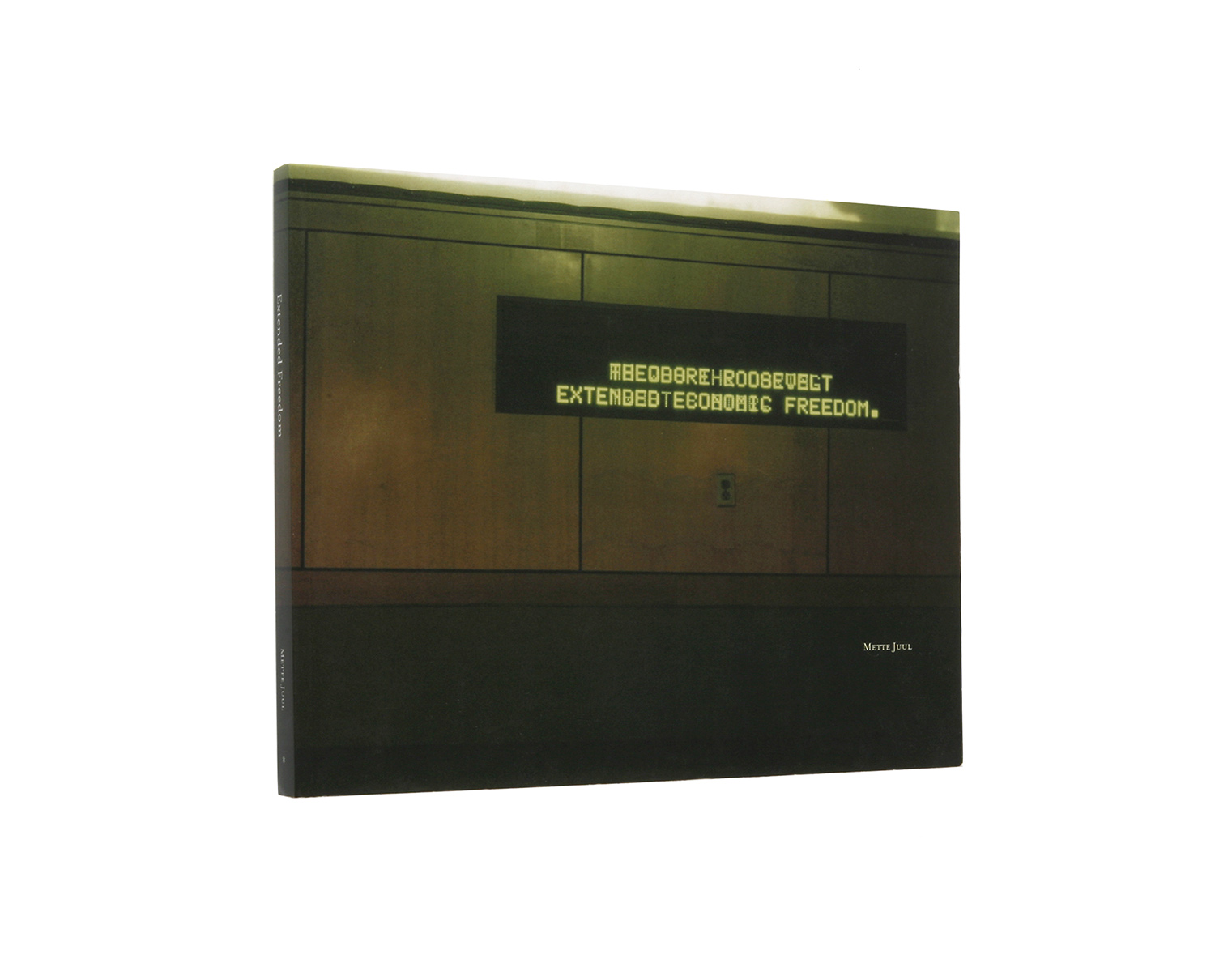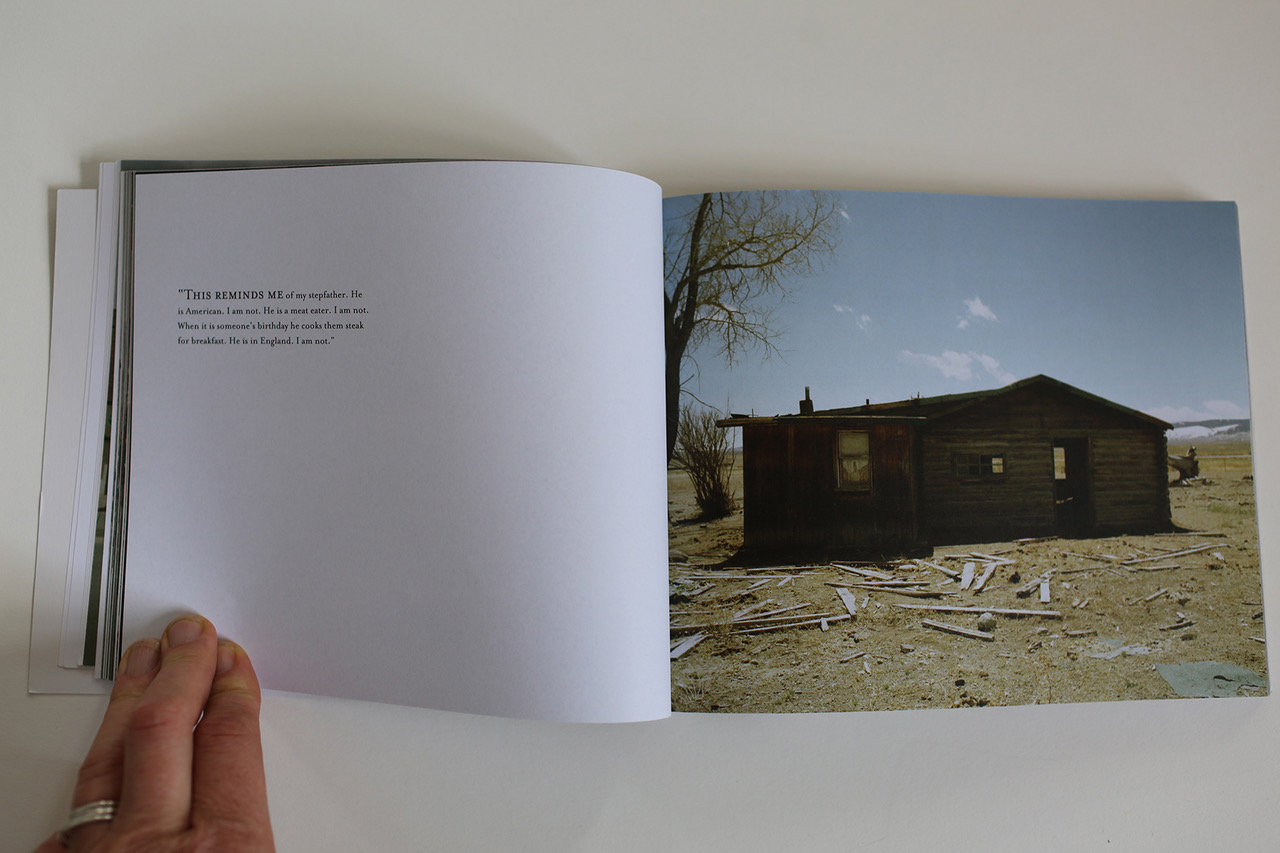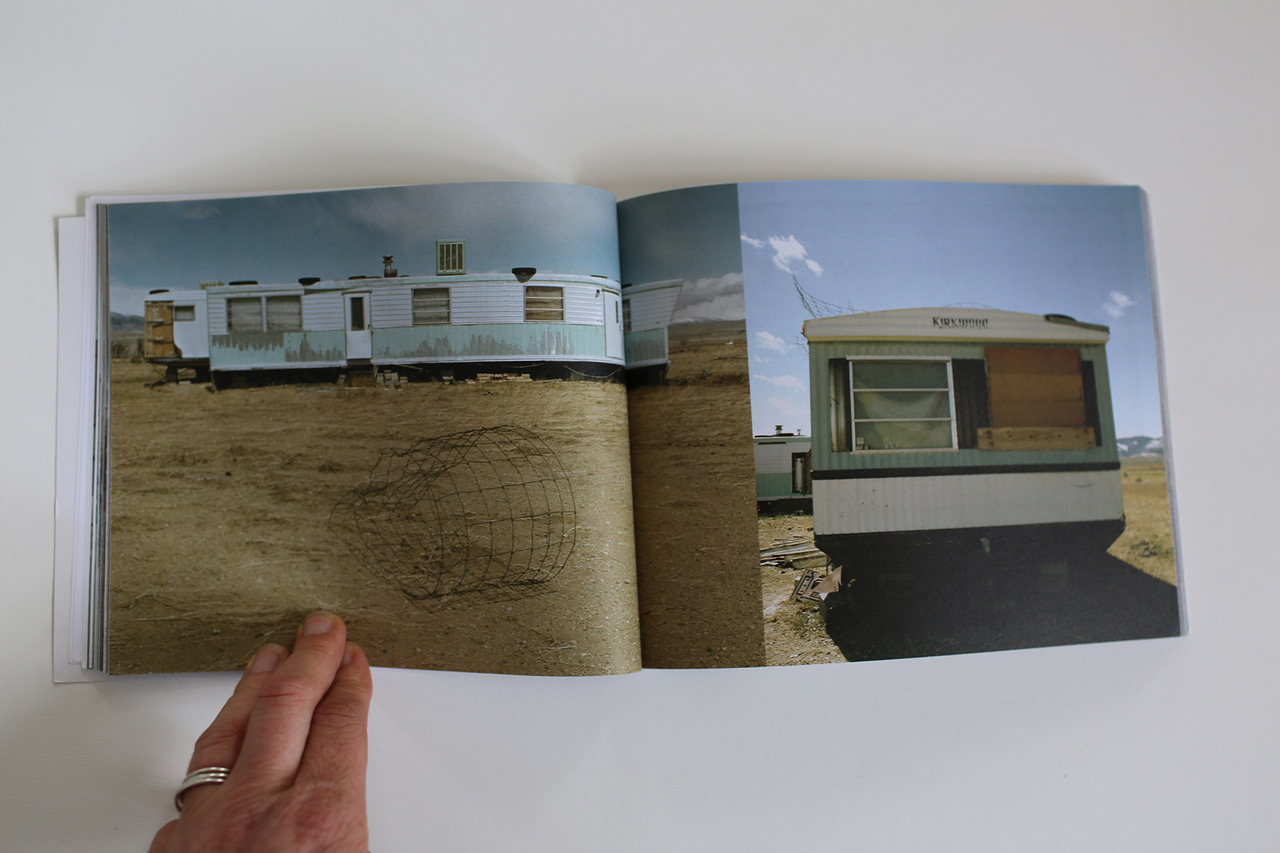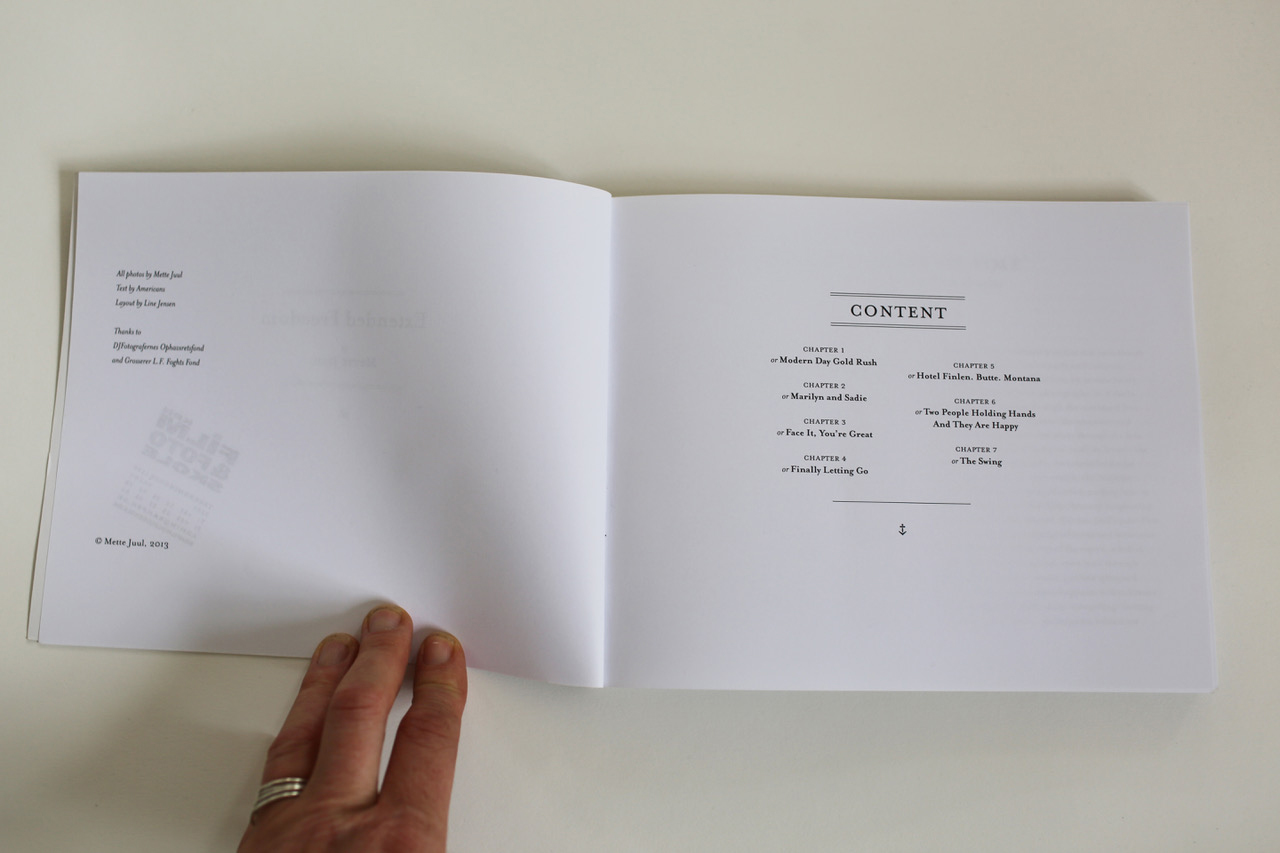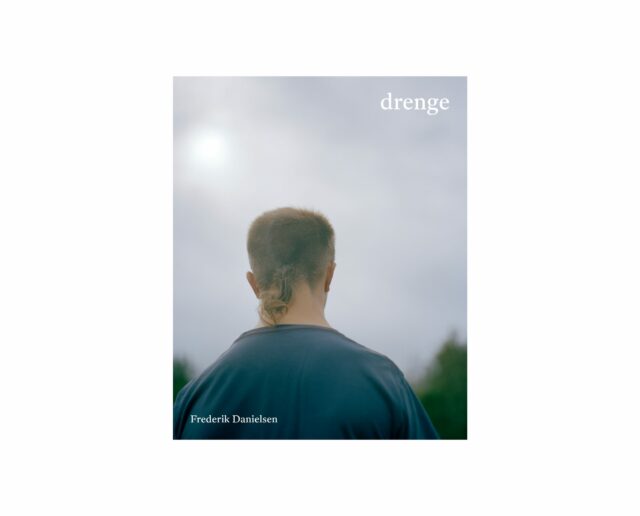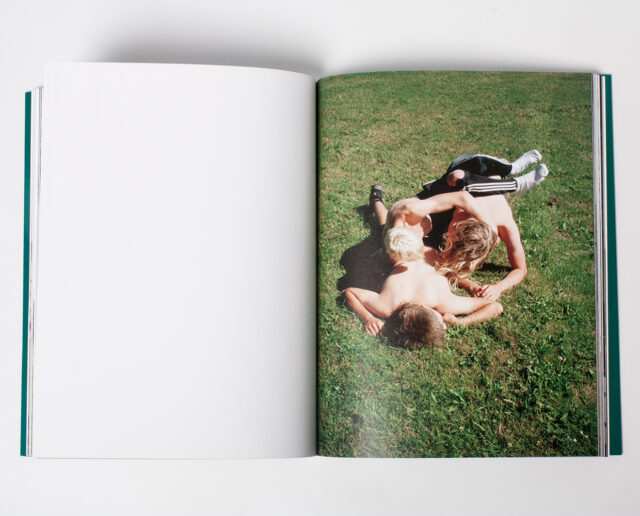The book Extended Freedom is like a prism refracting American Western cultural landscape in the twenty-first century. Mette Juul is not concerned with the vision of sublime nature devoid of culture, preserved in the myth of a pristine, Edenic wilderness that one finds in certain schools of American landscape art and photography. Rather there seems to be a sense of outsideness in Extended Freedom, as if Mette Juul is seeing the landscape through the combined lens of imagination, snapshot tourism, documentary and mediatised representations. She stares through the lens at the very components of ‘westness’ in all its forms – the breakfast plate, the trailer park, the tourist landscape of Mount Rushmore, the neon motels, the roadside diners or billboards, the grids of streets, parking lots, or drive-ins stretching out from Main Street to burgeoning suburbia to the foothills beyond.
Extended Freedom offers up a flickering, discontinuous postwestern landscape, juxtaposing the European outsider’s view, part-love part-hate, inherited from Robert Frank, Jacob Holdt and Wim Wenders, with the New Topographics’ desire to record the unrecorded by surveying a social landscape of traces and transformation.
Ultimately, there emerges in Juul’s images a politics too that comprehends the afterlife of the mythic West in all its multiple forms; as romantic yearning, as harsh economic reality, as individual struggle and labour, as loss and failure, as political rhetoric, and as complexly layered lived history.
Specifications: Self-Published ・ 2013 ・ Softcover ・ 17 x 21,5 cm. / 108 pages ・ English ・

